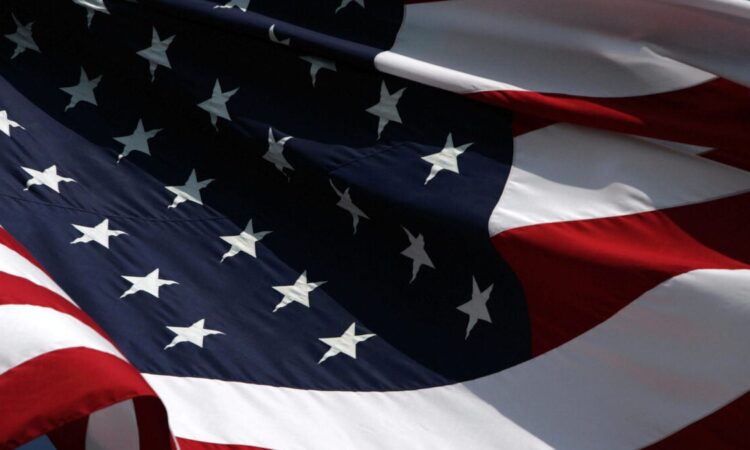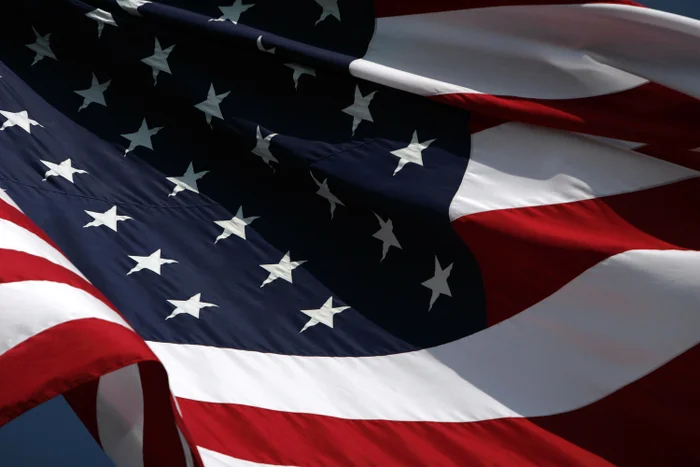
Updated 2:22 p.m. UTC Dec. 14, 2023
Editorial Note: Blueprint may earn a commission from affiliate partner links featured here on our site. This commission does not influence our editors’ opinions or evaluations. Please view our full advertiser disclosure policy.

Ronald Martinez, Getty Images
Most certificates of deposit (CDs) at U.S. Bank offer extremely low interest rates, with some annual percentage yields (APY) dipping to 0.05%. The four U.S. Bank Special-Rate CDs offer comparatively higher interest, going up to 4.80% APY, but aren’t competitive with the best rates available.
Account details and rates are accurate as of Dec. 14, 2023, and were found using the ZIP code 10022.
Overview of U.S. Bank CDs
U.S. Bank offers four CD types:
- Standard CD: You can open a Standard CD with a minimum opening deposit of $500, which is low compared to many banks. Terms are flexible, with 11 options ranging from one to 60 months. Regardless of your chosen term, however, the yields are below the national average.
- CD Special: The CD Specials offer fixed rates. Although they’re more competitive than the standard CDs, you can still find better yields elsewhere. The minimum deposit is doubled to $1,000, which isn’t cheap, but it also isn’t atrociously unaffordable. The four terms range from seven to 19 months.
- Step Up CD: The Step Up CD offers a 28-month term, during which your interest rate increases every seven months. Those rate increases are locked in when you open the account, but the blended APY — the average of the rates you’ll earn — is below the national average. The minimum deposit is $1,000.
- Trade Up CD: The Trade Up CD has a $1,000 minimum deposit and lets you request a rate increase once during your term, which can be 30 months or 60 months. But the starting APY is below the national average, and, given the trend, it may not be likely that even a later increased rate will break the ceiling.
Earn up to $800 when you open a new U.S. Bank Smartly® Checking account and a Standard Savings account and complete qualifying activities. Subject to certain terms and limitations. Offer valid through December 29, 2023. Member FDIC.
Offer may not be available if you live outside of the U.S. Bank footprint.
How much can you earn with a U.S. Bank CD?
CD yields have been increasing since the Federal Reserve began hiking interest rates in March 2022 to combat inflation. CDs often offer the highest interest rates among deposit accounts for consumers, although high-yield savings accounts have been giving CD rates a run for their money lately.
That said, most U.S. Bank CD rates are below what you can get with other banks and credit unions. Only the CD Specials are worth considering. Even then, you may be leaving money on the table.
Here’s what to expect, depending on which CD type and term you choose. You can use our CD calculator to run the numbers.
*Note: The seven-, 11-, 13- and 19-month terms are CD Specials.
**Note: The 28-month term is a Step Up CD with a blended APY.
***Note: The 30- and 60-month terms are Trade Up CDs.
How U.S. Bank CDs compare
Among U.S. Bank’s various CD types and terms, only four offer interest rates well above the national average. Even then, they’re not top of the market. You can find many CDs with APYs of 5.00% or higher.
*Note: The standard rate for a 24-month CD at Huntington Bank is 0.10%.
How to open a U.S. Bank CD account
You can open a U.S. Bank CD online or at a local branch. To apply online, enter your ZIP code to get accurate rates for where you live. Then, choose the CD and term you want. You can log in for a quicker application and personalized rate if you’re an existing U.S. Bank customer.
Otherwise, you must provide the following information:
- Full name.
- Email address.
- Phone number.
- Date of birth.
- Social Security number.
- Address.
- Citizenship status.
- Employment and income information.
If you’re approved, you’ll receive instructions for funding your account.
Documents you’ll need
You’ll typically be asked to provide a copy of your government-issued photo ID.
Other savings options at U.S. Bank
In addition to its certificates of deposit, U.S. Bank offers a standard savings account and a money market account:
- Standard Savings: This basic account offers a 0.01% APY. It also charges a $4 monthly maintenance fee unless you have an eligible U.S. Bank checking account or meet other requirements. There’s a minimum opening deposit of $25.
- U.S. Bank Elite Money Market: With this account, you can earn up to 4.50% APY (depending on your location) with a deposit of $25,000 or more. Small balances garner a pitiful 0.01% APY. There’s a $100 minimum opening deposit, and unless you meet certain requirements, such as having a daily balance of at least $10,000, you’ll pay a $10 monthly maintenance fee.
Frequently asked questions (FAQs)
U.S. Bank assesses a penalty if you withdraw your funds before your account matures. But the bank doesn’t disclose the fee amount until you open an account. Most other banks disclose this information upfront.
Note that there isn’t a penalty if you withdraw your funds during the 10-day grace period after your account matures. If you don’t, the CD will automatically renew.
For the bank’s standard CD, the minimum deposit is $500, which is low — although some banks go as low as $0. For other U.S. Bank CDs, the minimum is $1,000. Some banks have much higher minimums.
Traditionally, the longer the CD term, the higher rate was as a reward for a longer commitment. But in today’s topsy-turvy economic landscape, CD terms of one year or less tend to offer the highest yields. The largest APYs at U.S. Bank are for maturities that happen within 19 months or fewer.
Blueprint is an independent publisher and comparison service, not an investment advisor. The information provided is for educational purposes only and we encourage you to seek personalized advice from qualified professionals regarding specific financial decisions. Past performance is not indicative of future results.
Blueprint has an advertiser disclosure policy. The opinions, analyses, reviews or recommendations expressed in this article are those of the Blueprint editorial staff alone. Blueprint adheres to strict editorial integrity standards. The information is accurate as of the publish date, but always check the provider’s website for the most current information.







